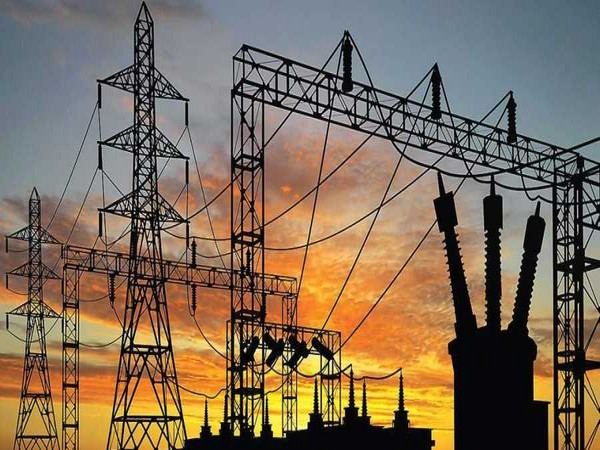Africa’s power sector regulations must be sharpened to attract investments
“Effective regulation is a key enabler of an improved business environment,” Kambanda said in opening remarks at a donors’ roundtable on Electricity Regulatory Index (ERI) for Africa.

- Country:
- Ivory Coast
Africa’s power sector policies and regulations must be sharpened to enhance efficiency to attract commensurate investments, a technical roundtable for energy stakeholders in Abidjan heard last week.
Callixte Kambanda, Manager for Energy, Policy, Regulation and Statistics at the African Development Bank said while many countries have established a Regulatory Authority with the necessary legislation, there are still critical gaps that need to be addressed, particularly in terms of independence of these Authorities.
“Effective regulation is a key enabler of an improved business environment,” Kambanda said in opening remarks at a donors’ roundtable on Electricity Regulatory Index (ERI) for Africa. The roundtable was organized on the sidelines of the 3rd Africa Energy Market Place, an energy sector platform for governments, private sector, and development partners to review Africa’s power sector priorities.
In 2018, the African Development Bank launched the ERI for Africa, a comparative, country-by-country assessment of regulatory development on the power sector. The Index diagnosed the regulatory environment, identified gaps and recommended appropriate interventions to address them.
Kambanda noted that power sector regulators generally face challenges in finding the balance between protecting the interests of consumers and those of investors.
In collaboration with development partners, the Bank seeks to implement the recommendations of the 2018 Index through targeted support by providing technical assistance to some 15 countries covered in the assessment. They are Cameroon, Cote d'Ivoire, Gambia, Ghana, Kenya, Lesotho, Malawi, Namibia, Nigeria, Senegal, South Africa, Tanzania, Togo, Uganda, and Zimbabwe.
John Irons, Partnerships Director at Power Africa, noted that the ERI would engender best practices among regulators in Africa’s electricity sector through the sharing of experiences. He pledged Power Africa’s commitment to supporting the Index to become more sustainable.
KfW, the German Development Bank, is collaborating with African Development Bank on the implementation of the ERI recommendations in Cote d’Ivoire on behalf of the German Federal Ministry for Economic Cooperation and Development (BMZ).
As part of the German “reform partnership” for mobilizing private investments and sustainable economic development in the context of the G20 initiative “Compact with Africa”, Germany is providing comprehensive support to Ivorian institutions in the electricity sector.
To ensure optimal impact, both banks are coordinating their activities. Esther Drumm, project manager at KfW, stated that the ERI “provides a great starting point to see where countries stand in terms of regulation. Since it is a continuous effort, it can also be used to develop ongoing interventions and measure their impact.”
Collins Magalis, Chief Executive, Malawi Energy Regulatory Authority, reiterated the importance of the Index for the continent’s electricity sector and suggested that it should be expanded.
Initiated by the African Development Bank, the AEMP is a collaborative platform of key government representatives, development partners, and private sector investors, set up to address barriers to mobilizing and scaling-up private investment into the energy sector.
It is designed to promote high-level dialogue to fast-track reforms, transactions and initiatives through peer-to-peer learning and knowledge exchange, networking and partner engagement.










